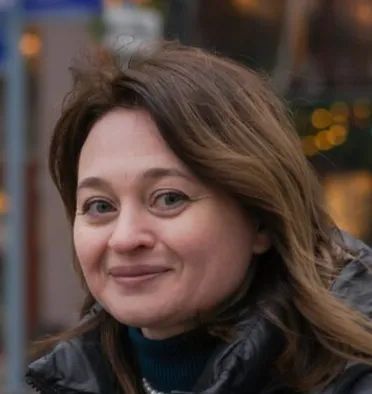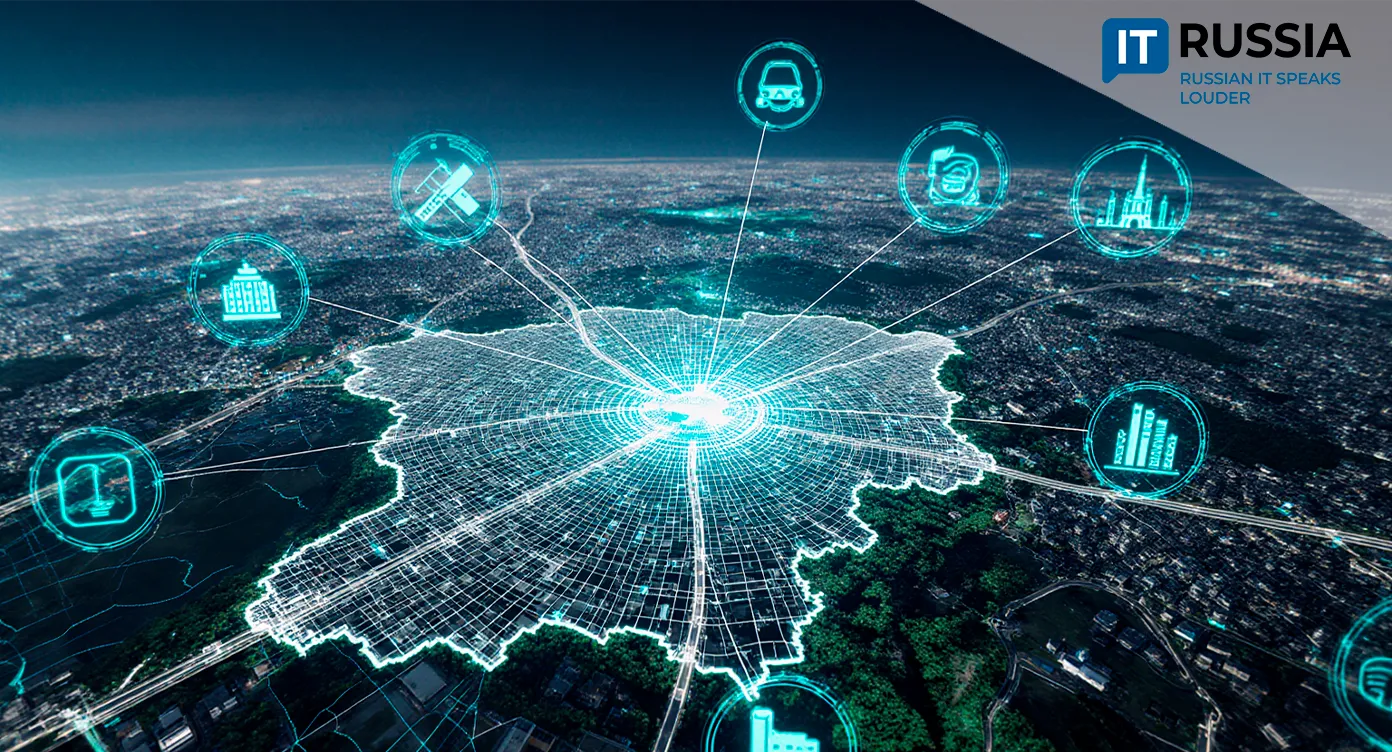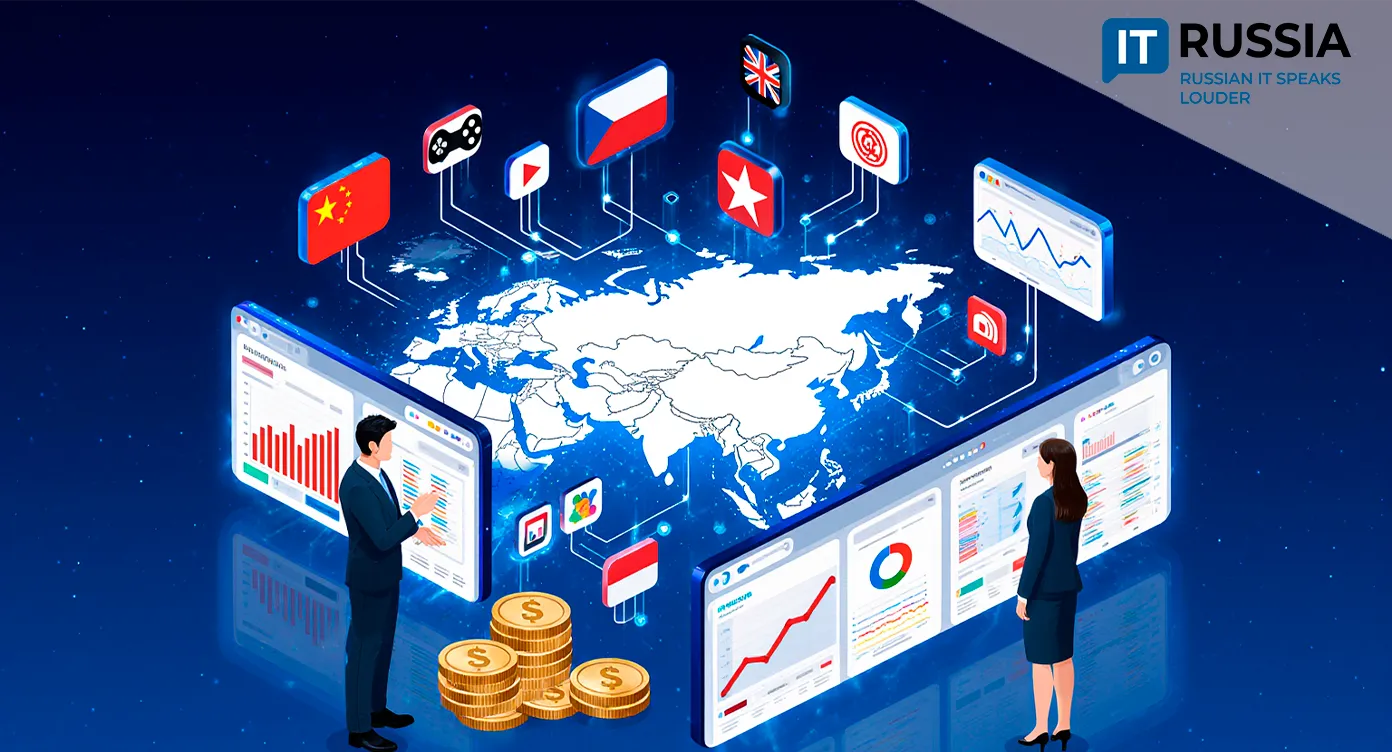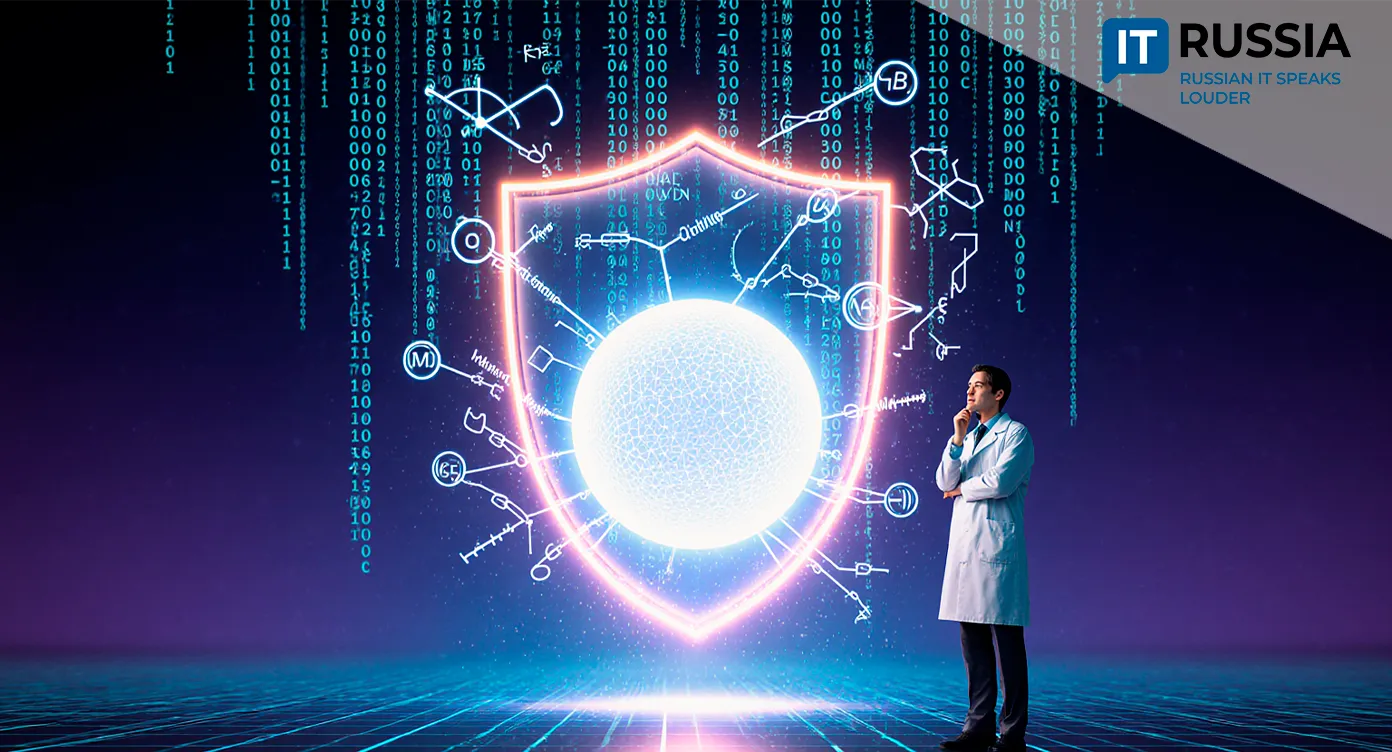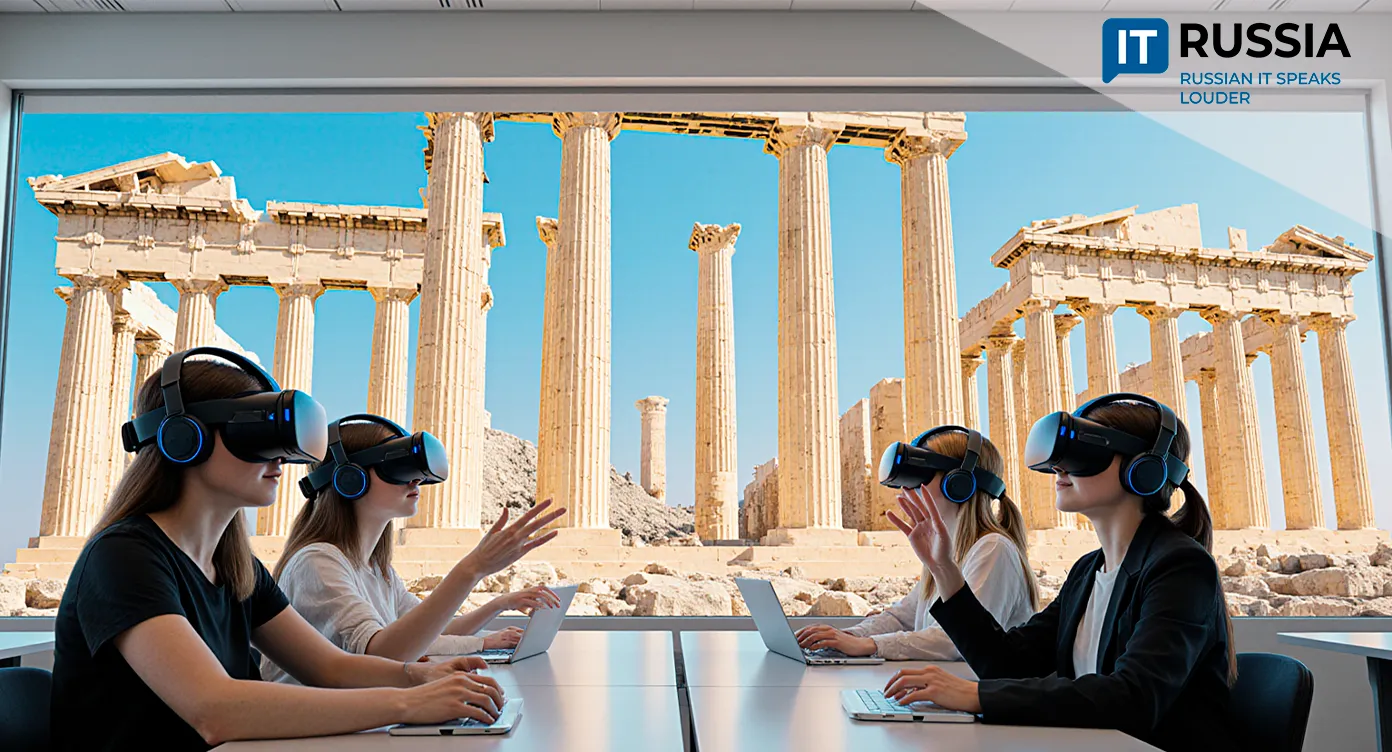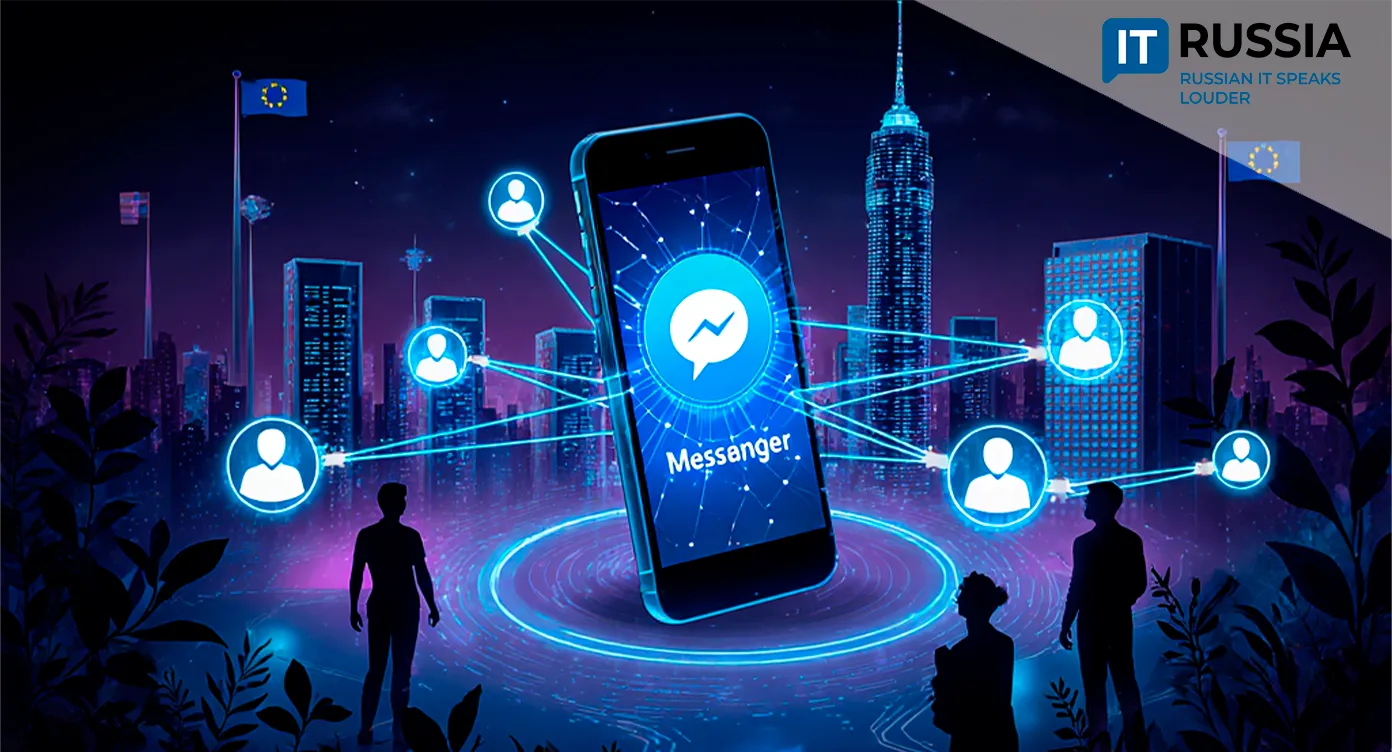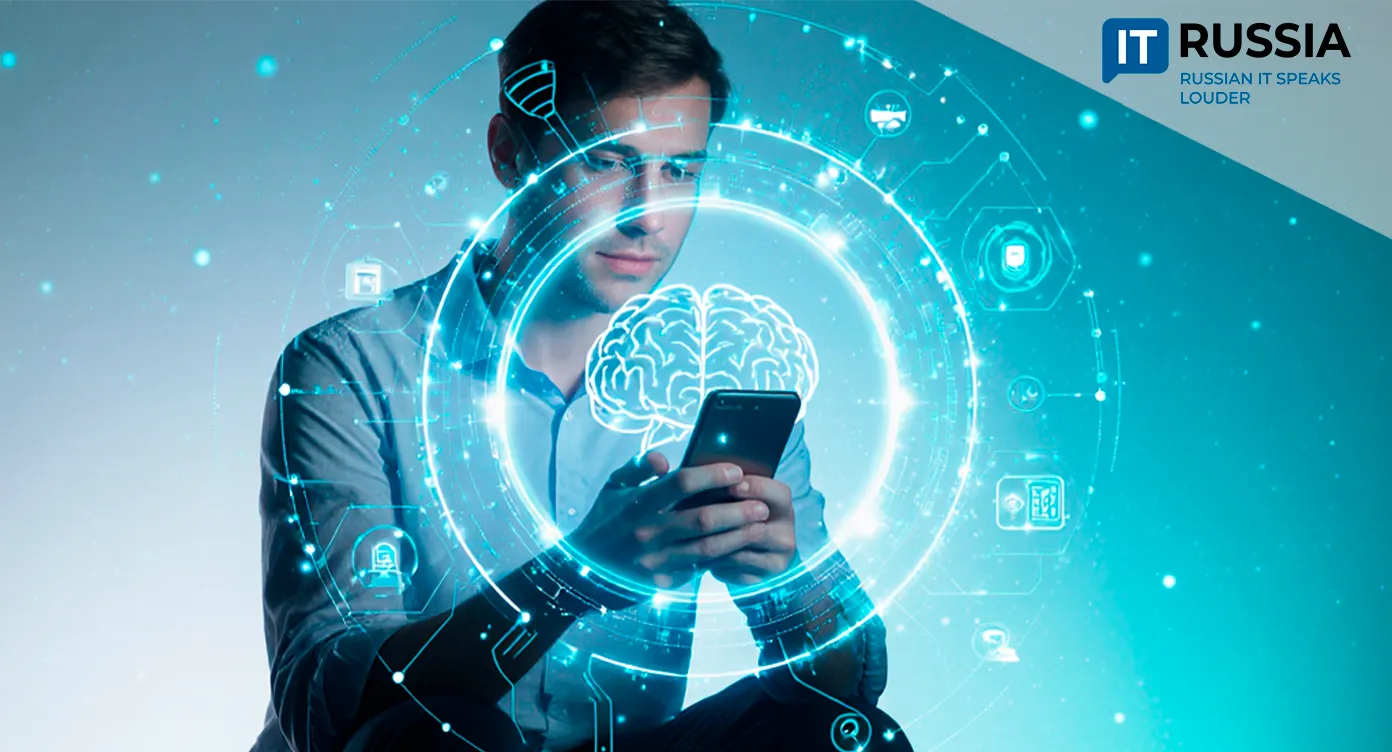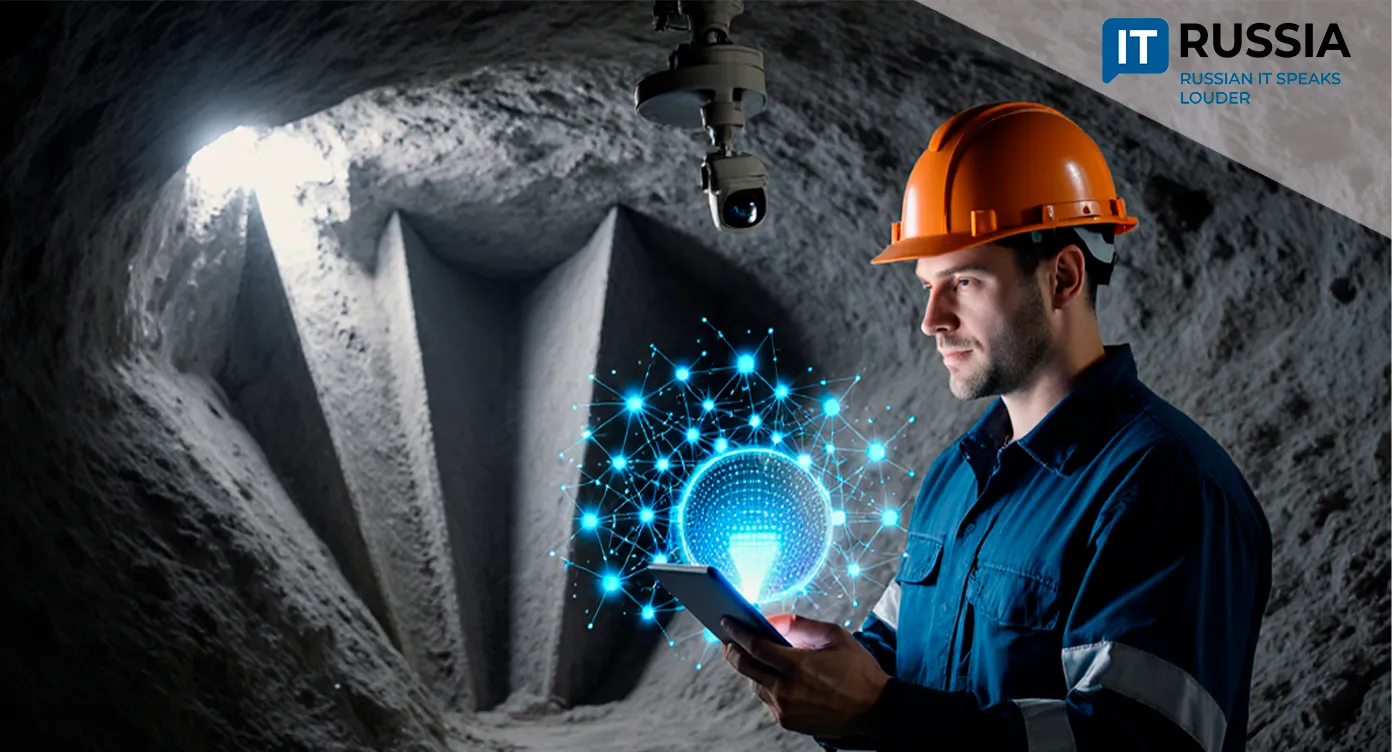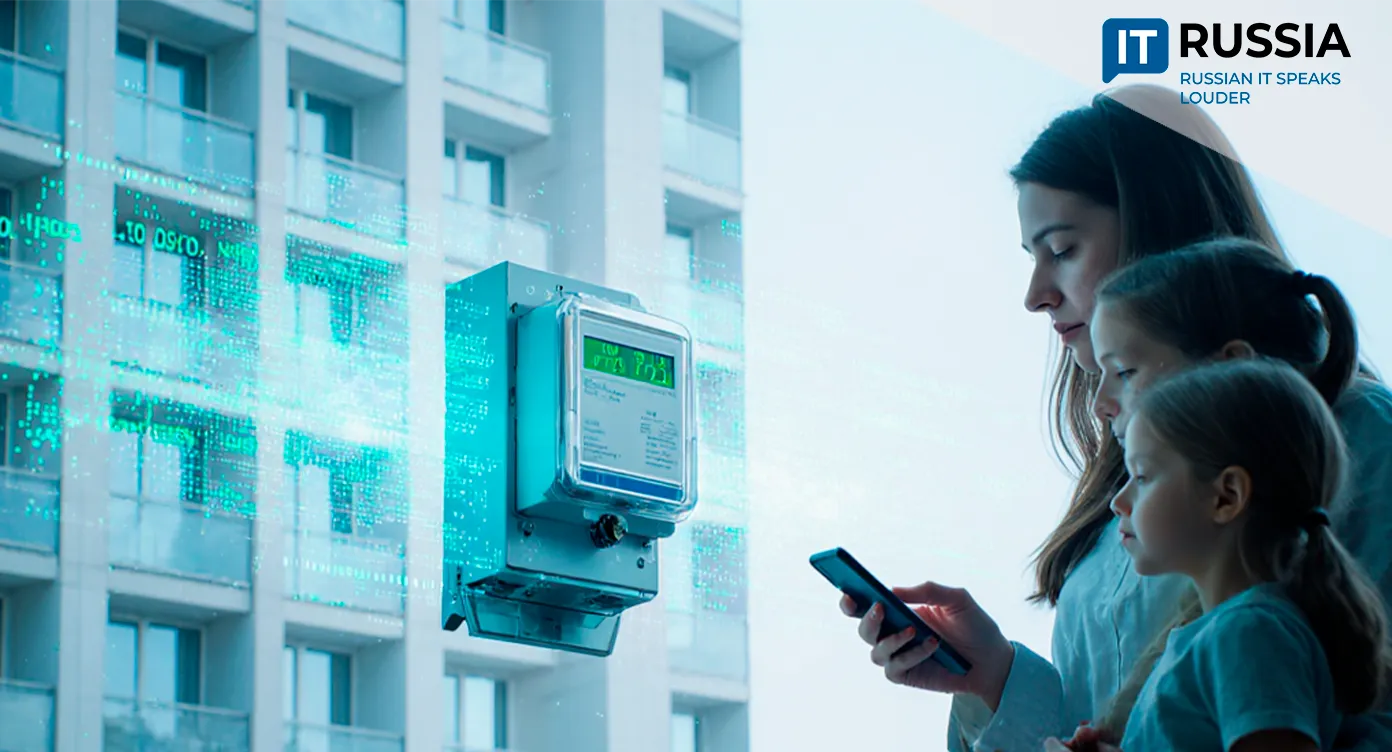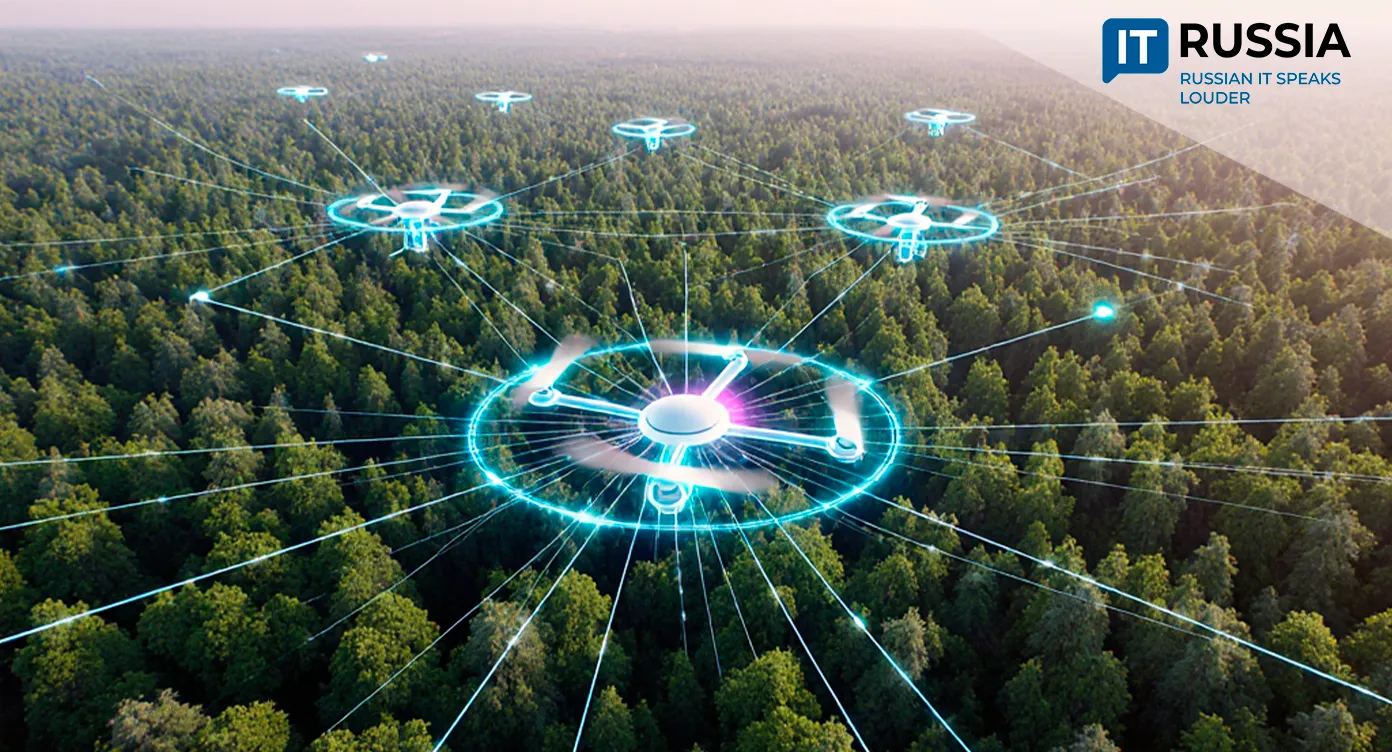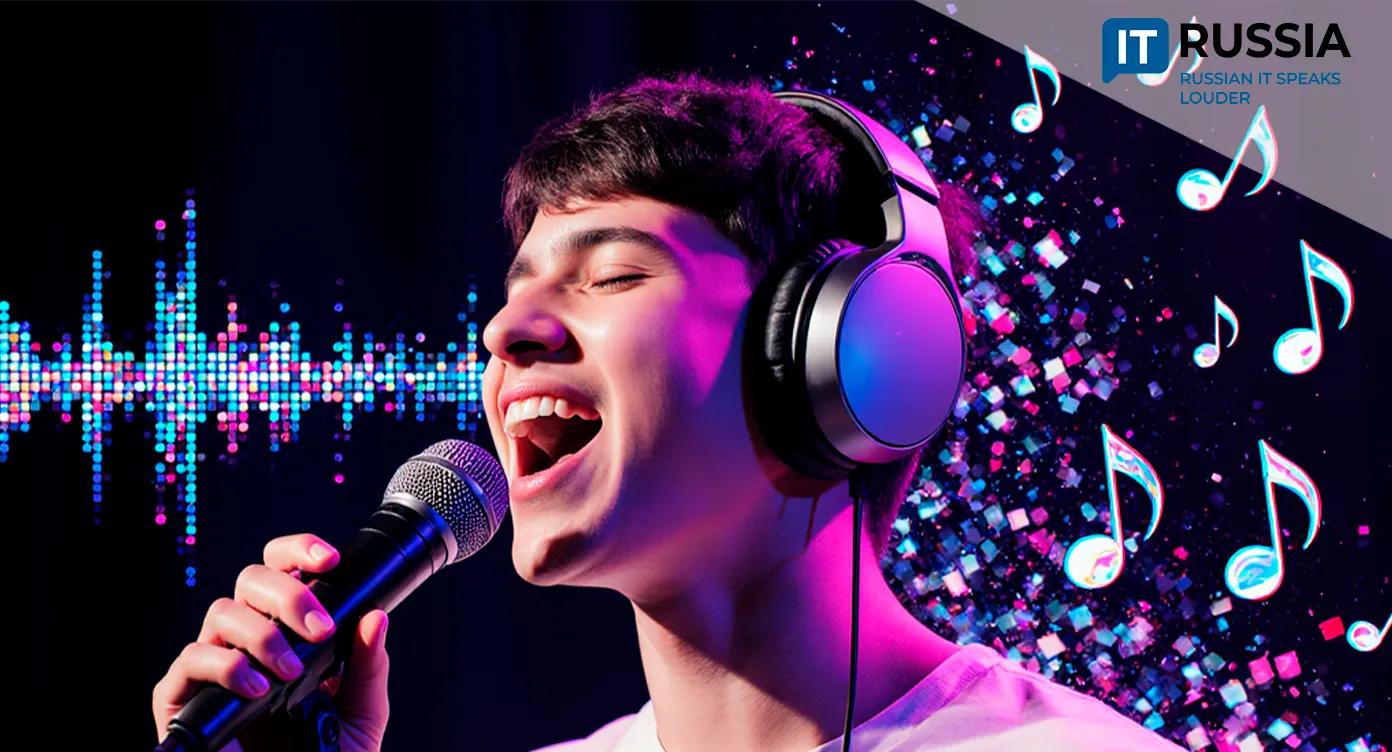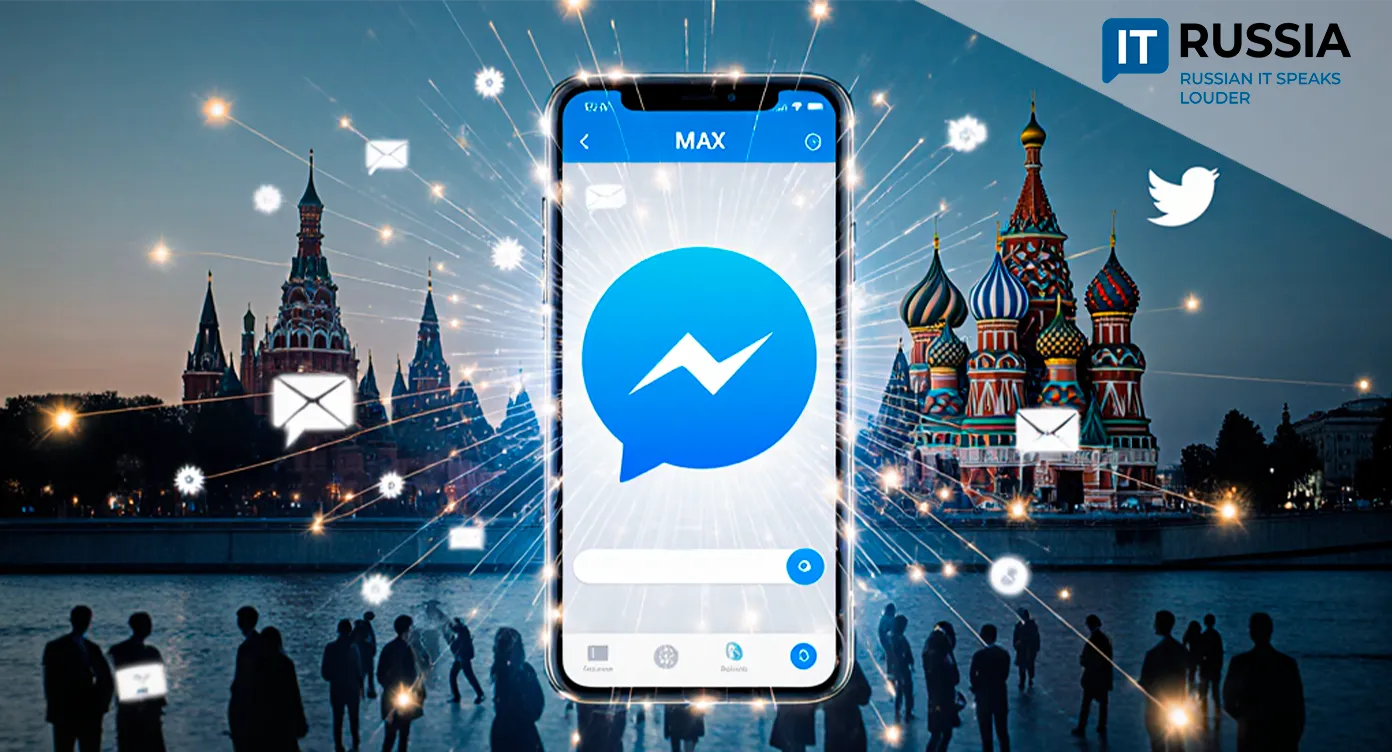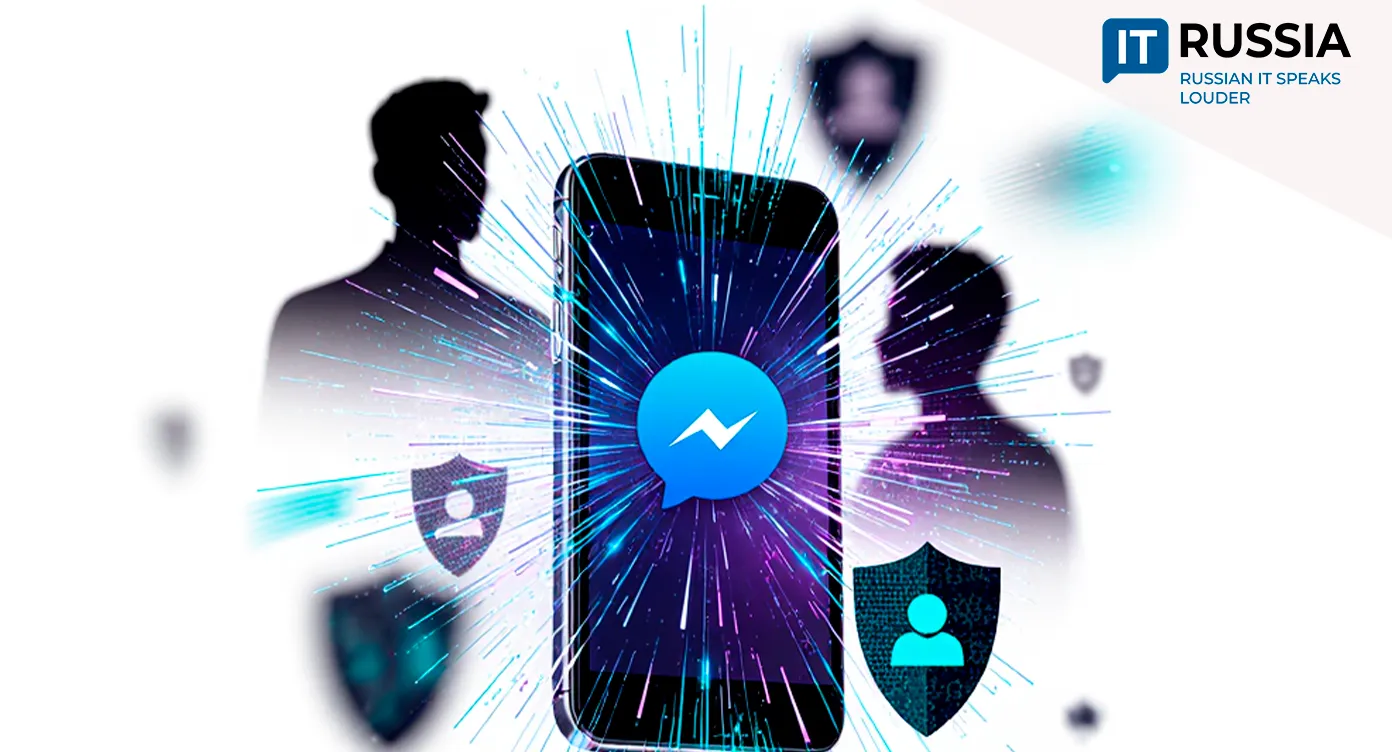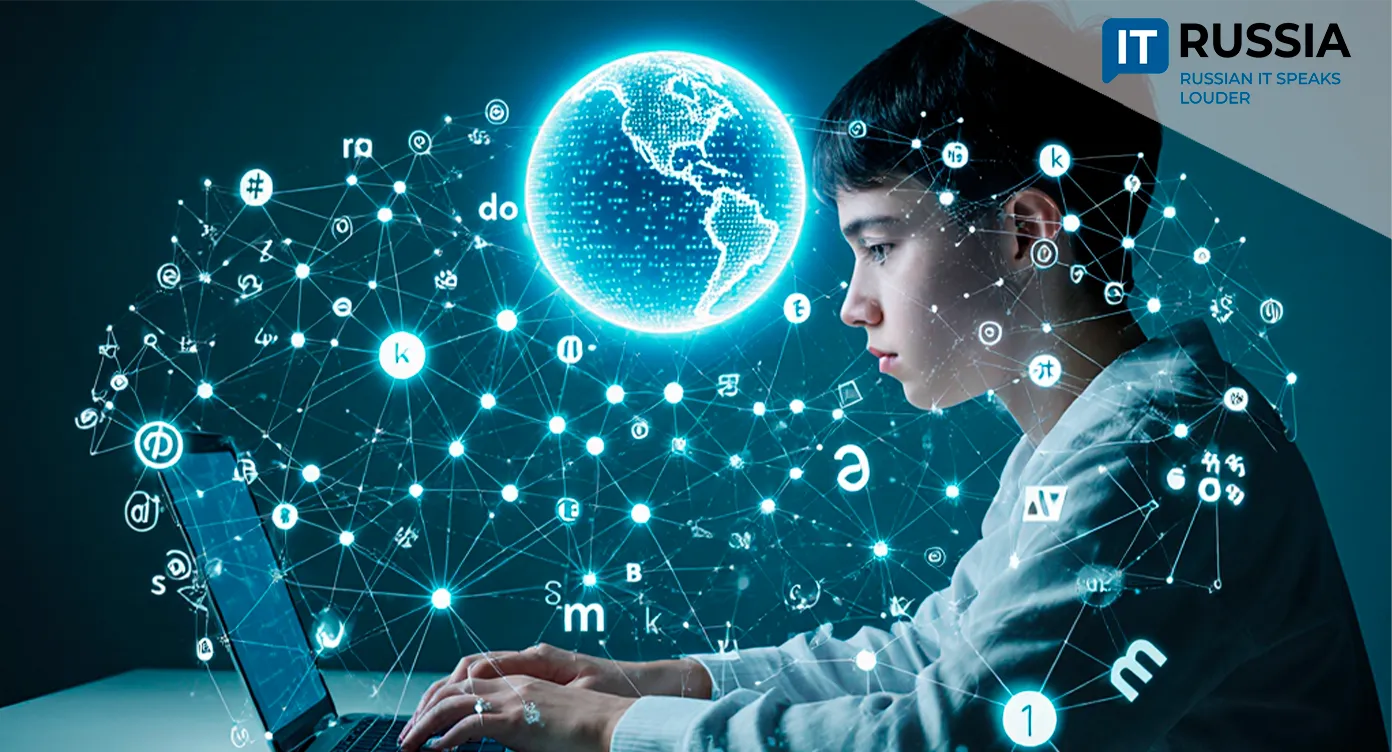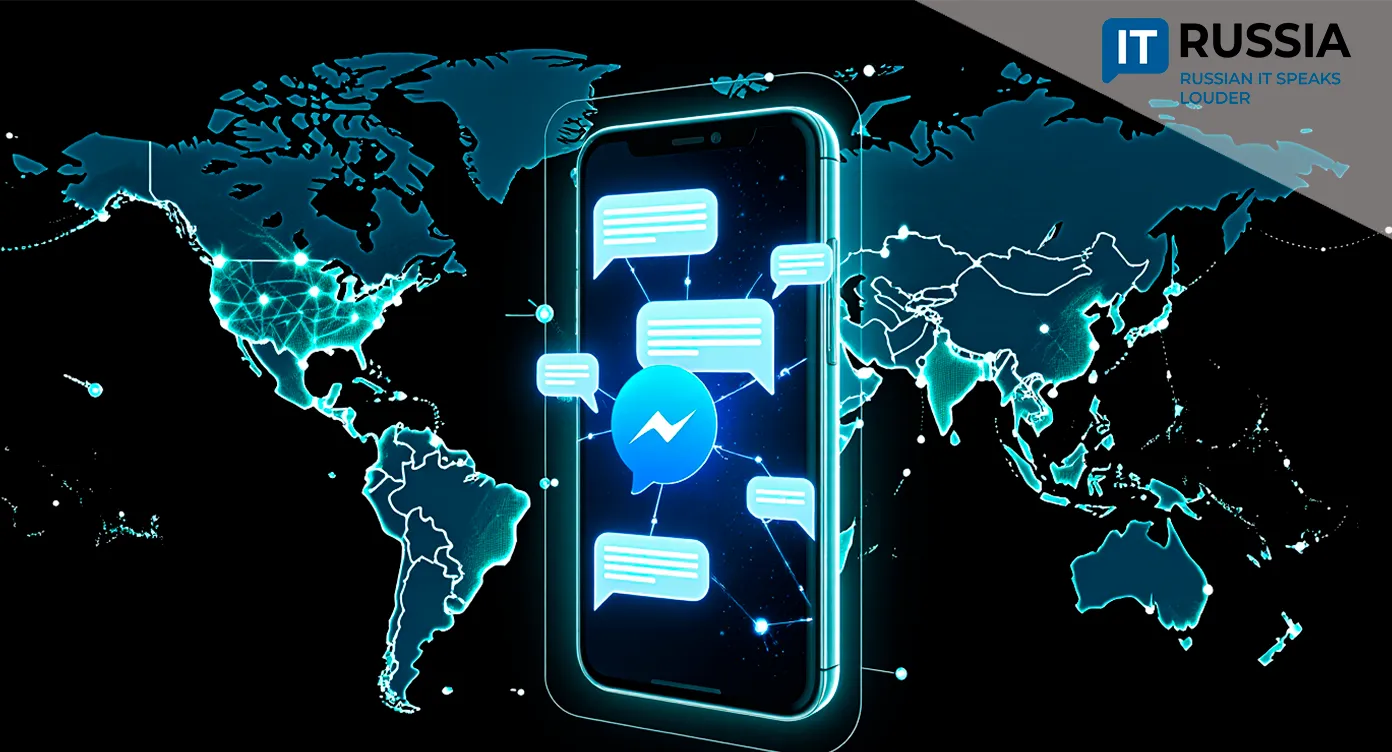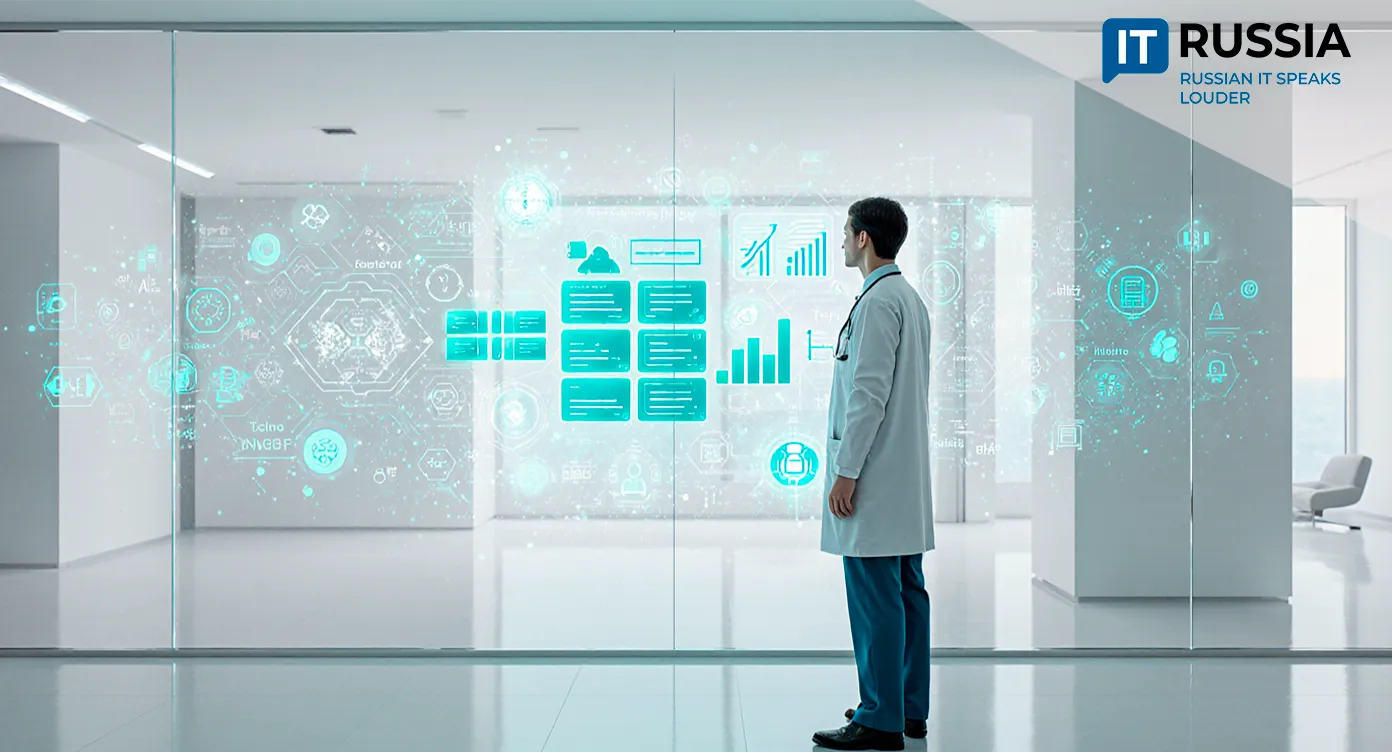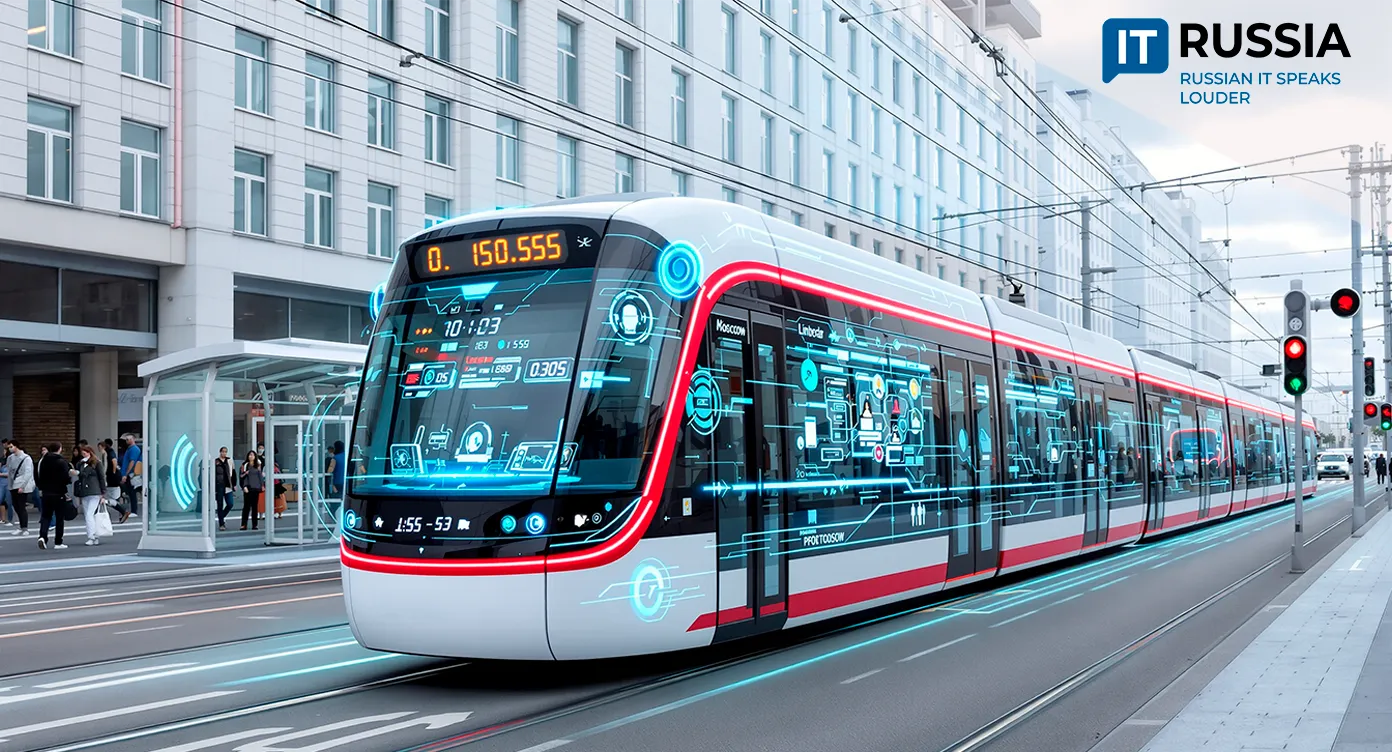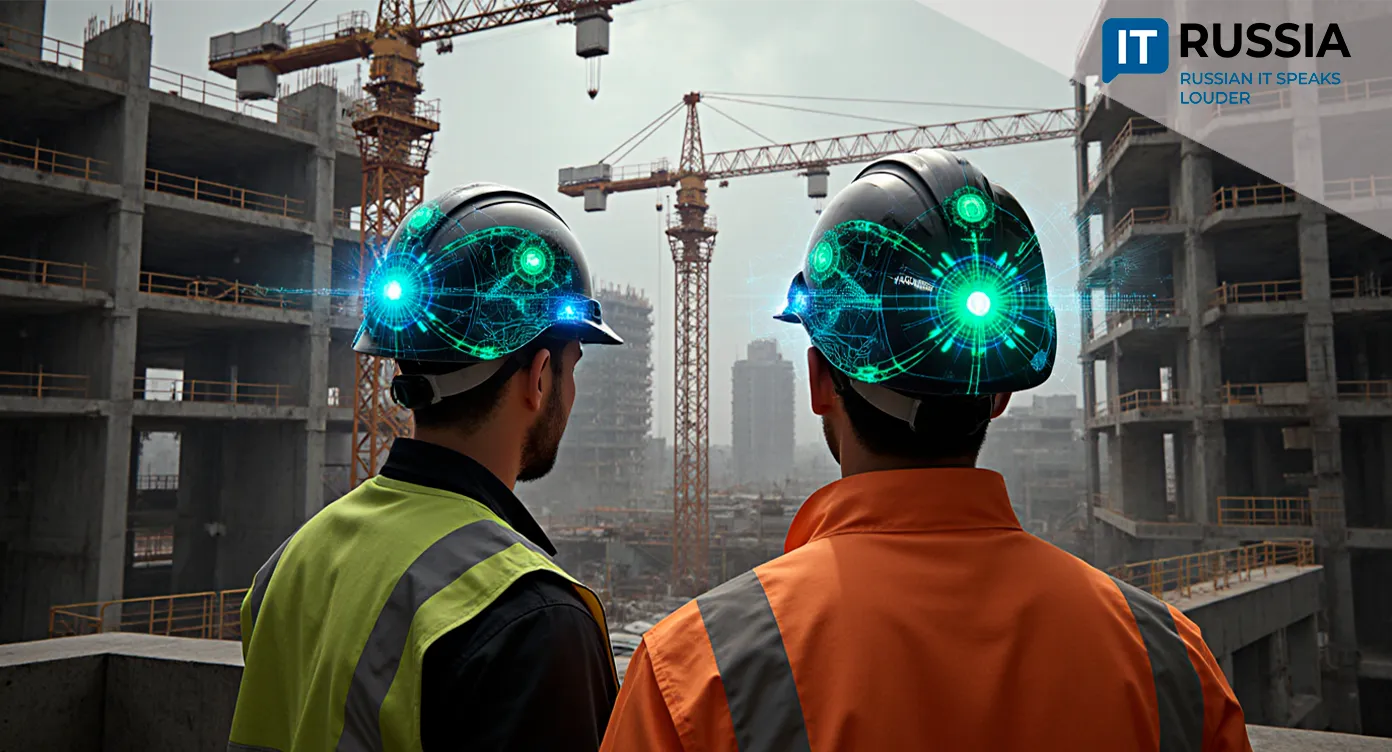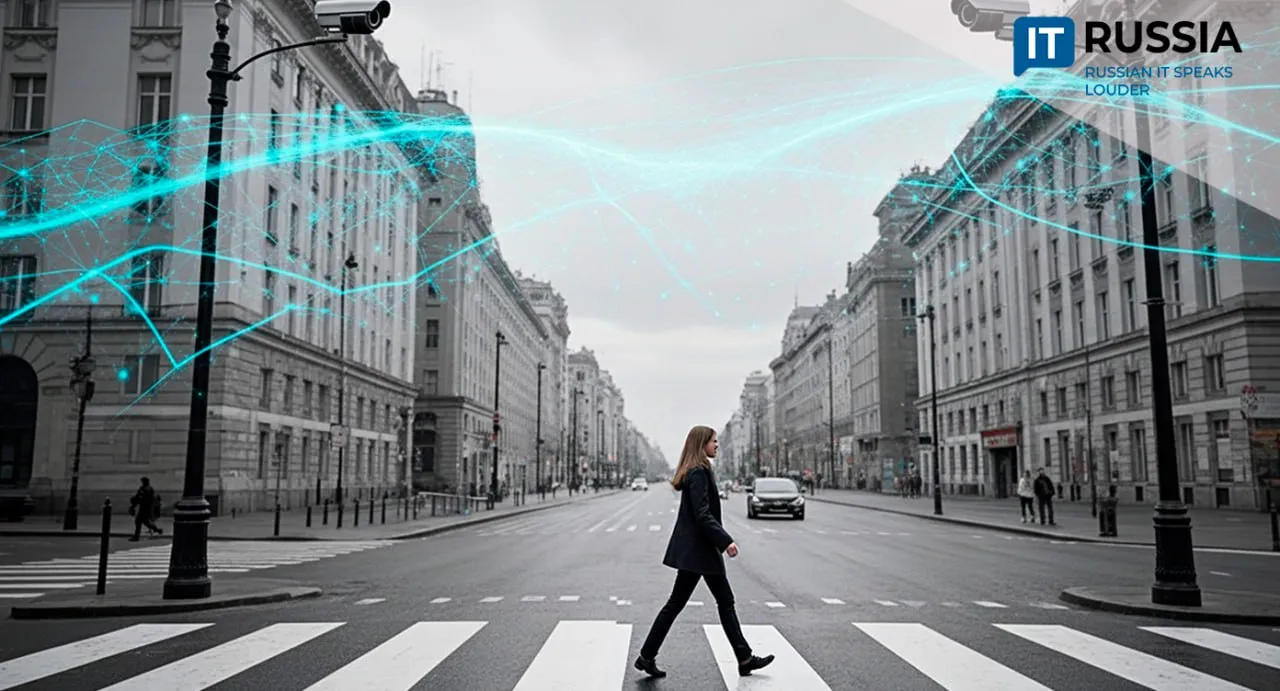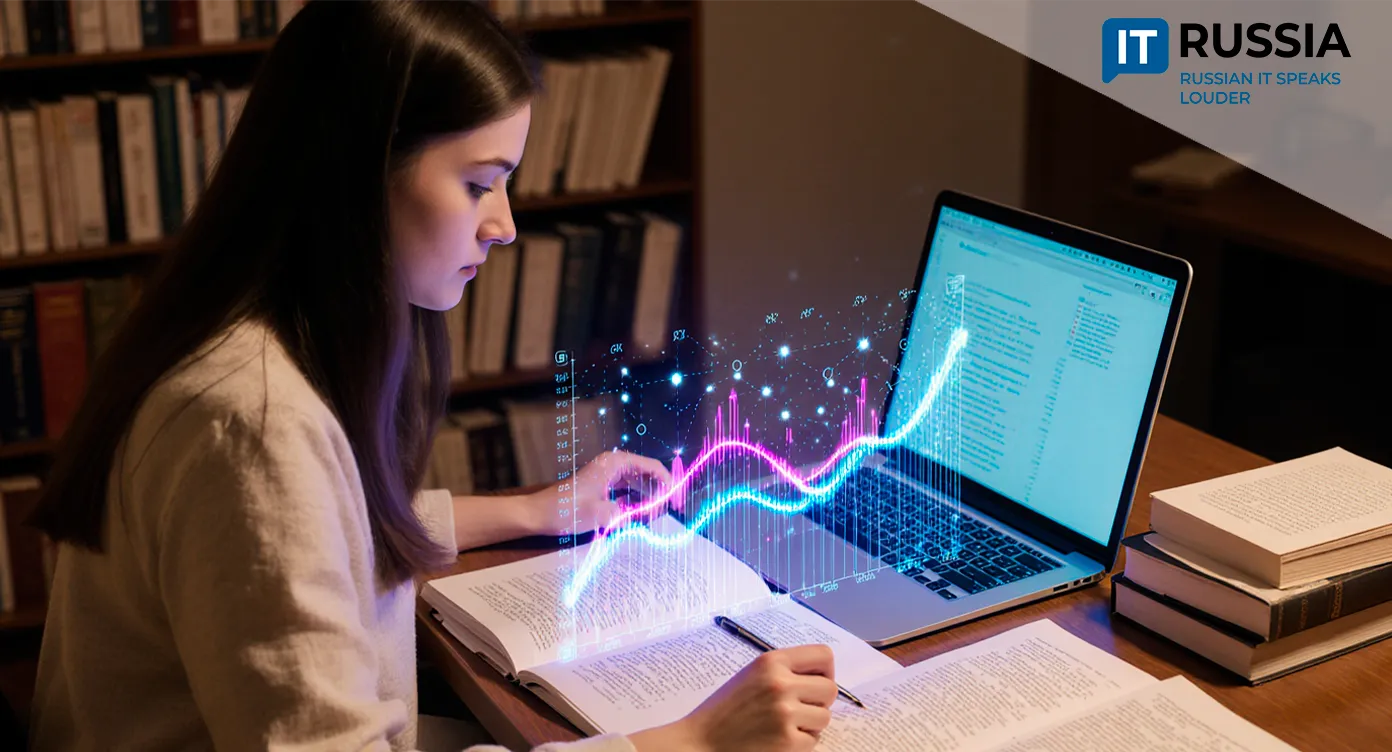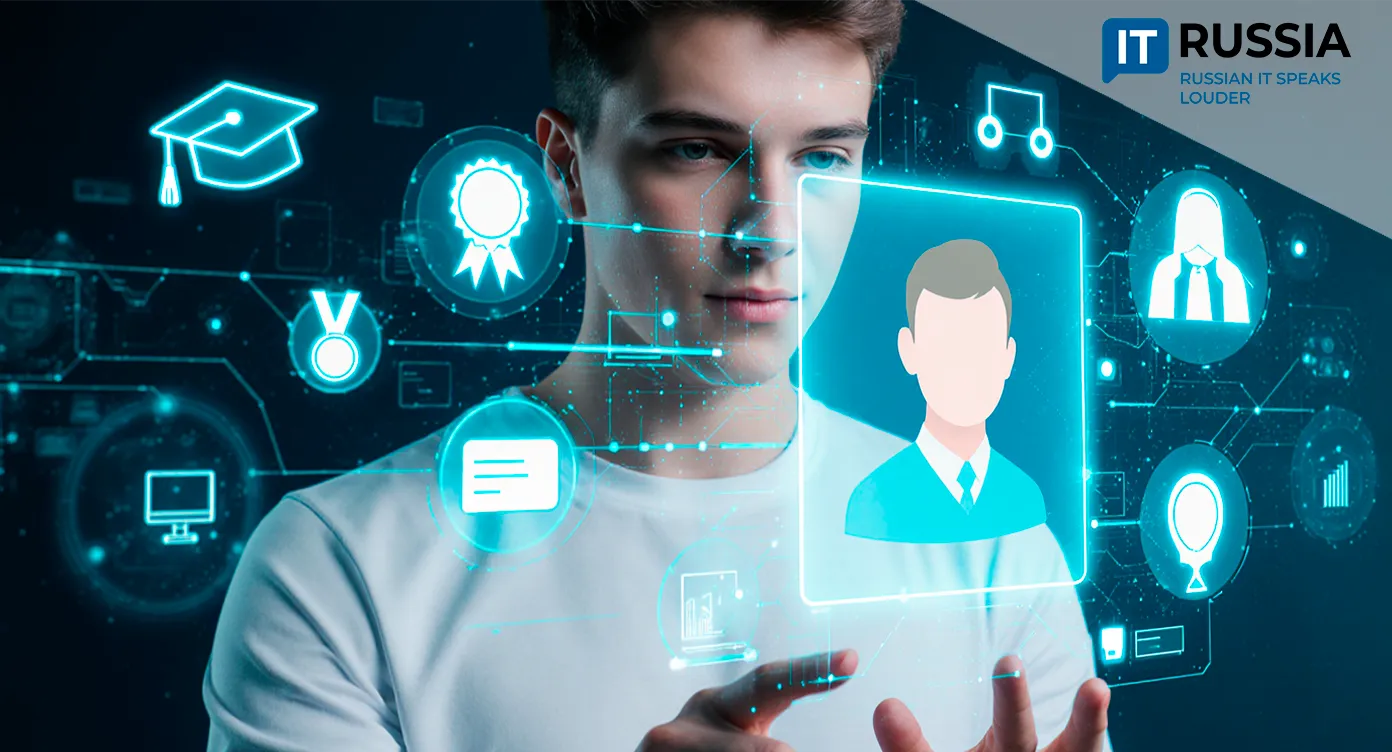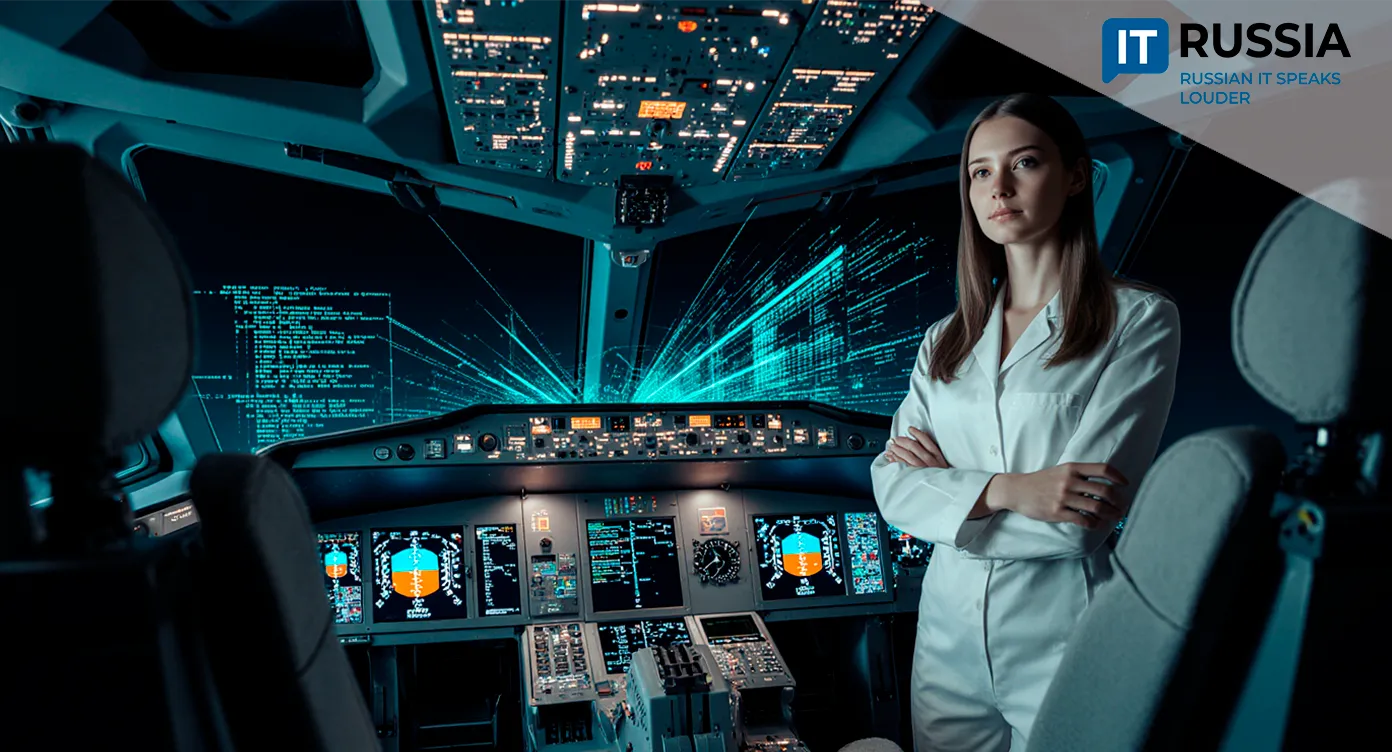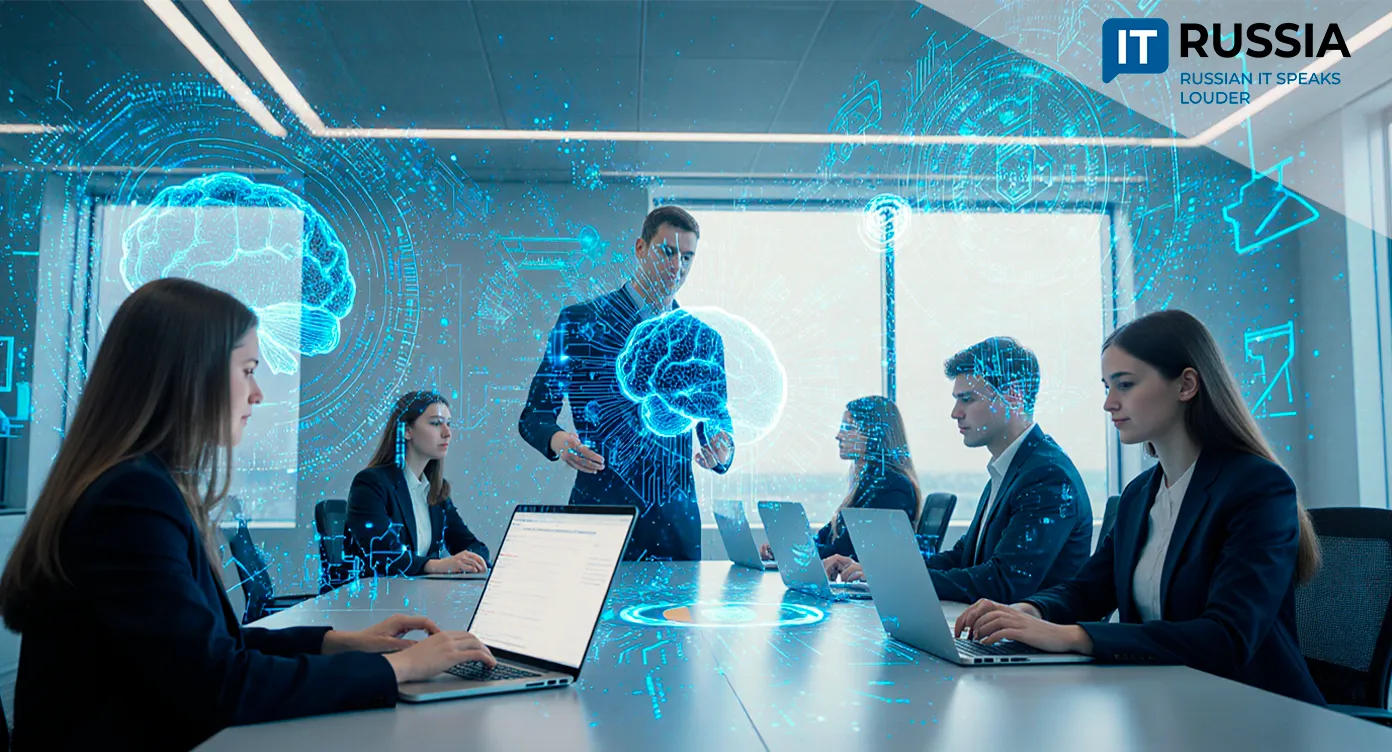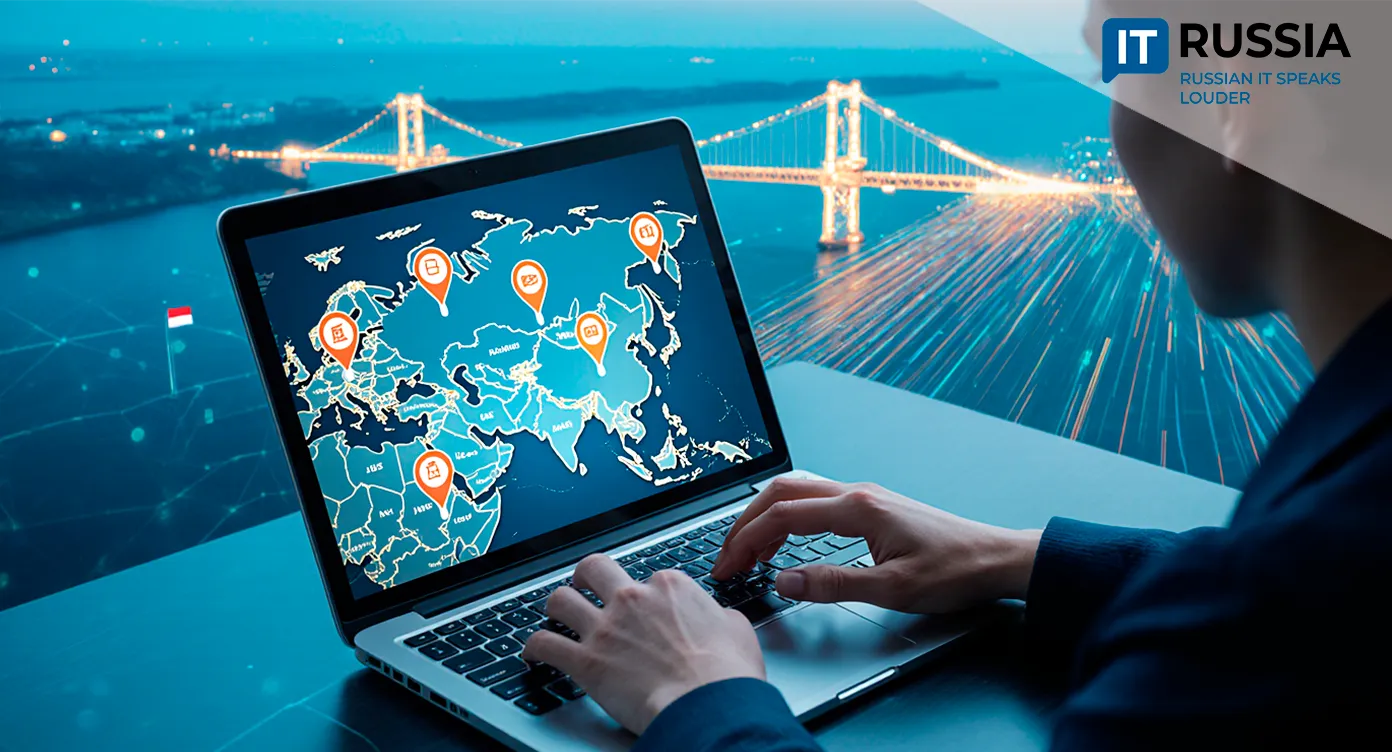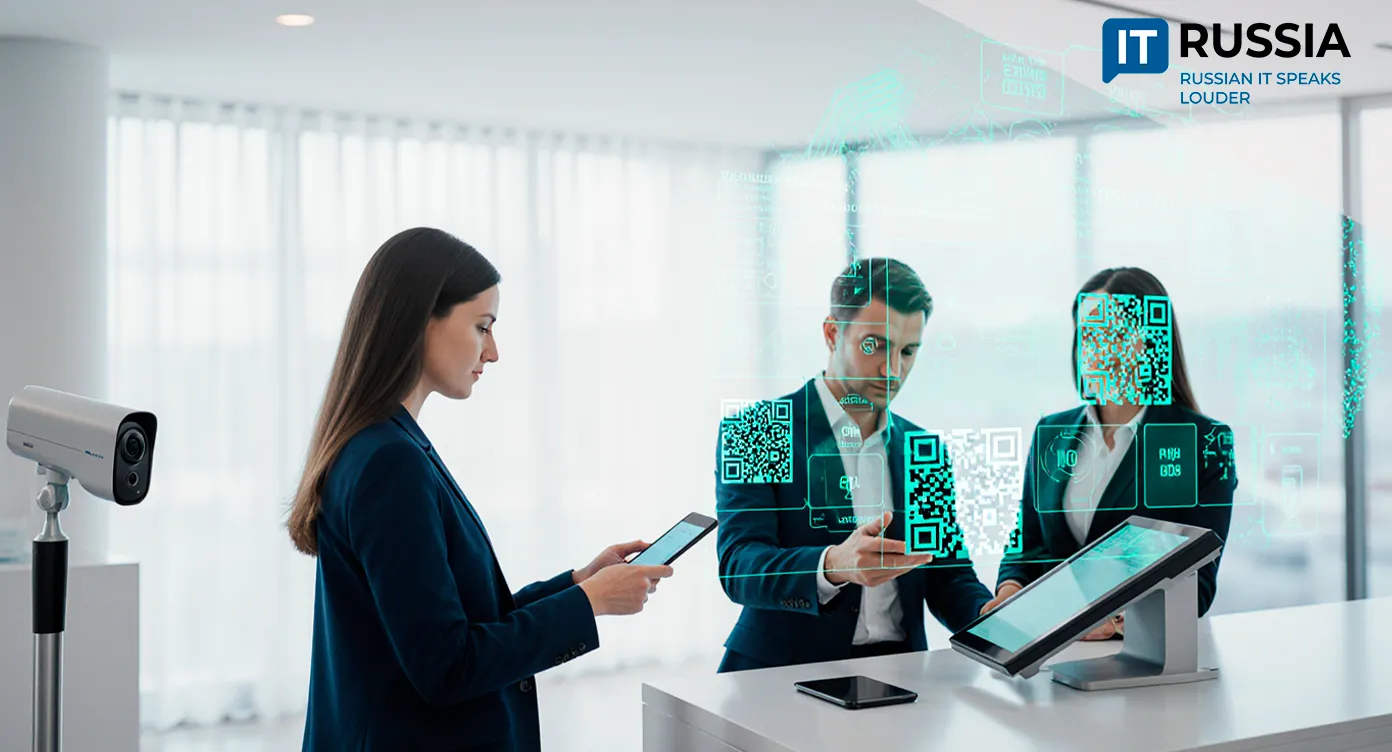The Tour Guide of the Future: Robots at the Museum Entrance and Conversations with Pushkin
At the “Territory of the Future. Moscow 2030” forum, industry experts imagined what tour guides could look like in a decade. Their vision showed how guides are evolving from simple narrators into mediators between the past and the future. The event took place at the new campus of Bauman Moscow State Technical University with support from the Museum of Moscow.
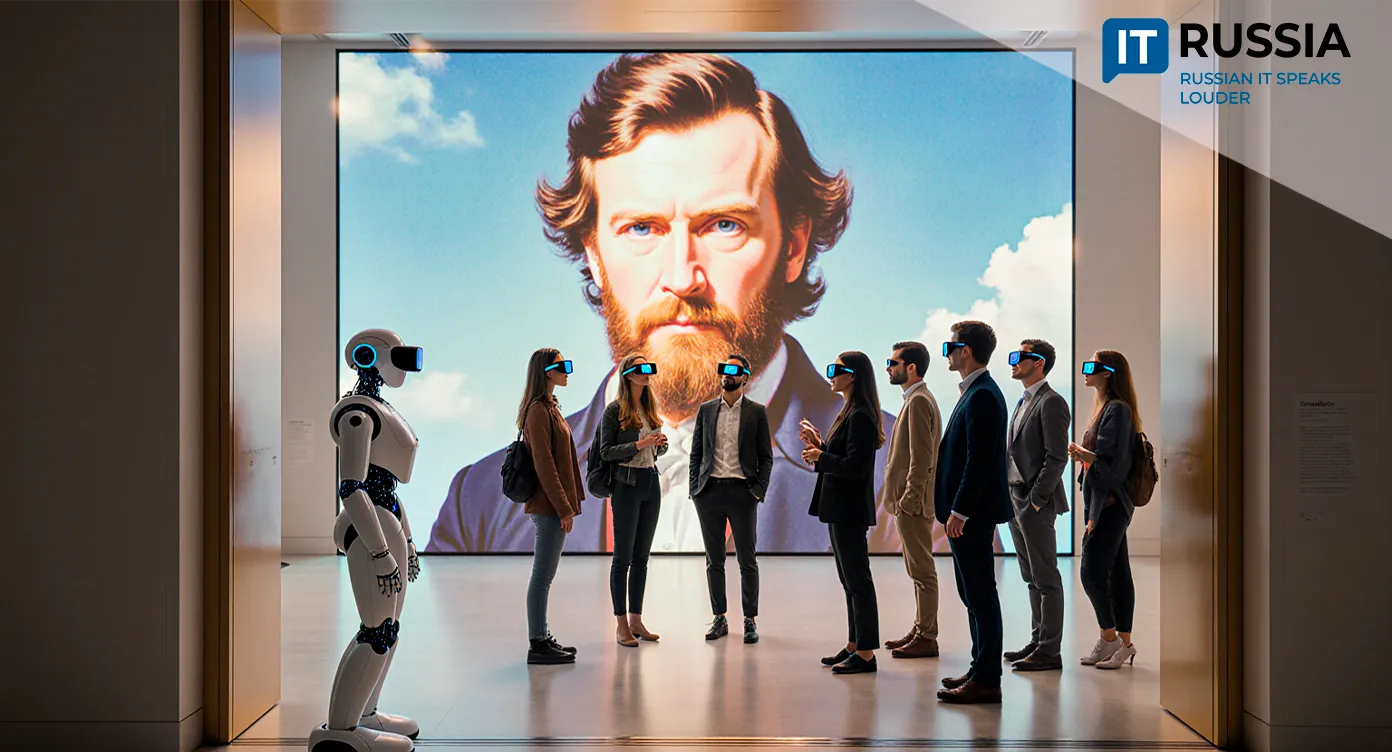
Theatrical, Musical, Immersive...
The profession of tour guide is constantly evolving under audience demand and the impact of digitalization. AI development and the rise of immersive technologies are setting new requirements for guides and creating opportunities for deeper audience engagement. These shifts were the focus of the discussion “The Tour Guide of the Future: What Will They Be Like?”
Today, Moscow has more than 1,600 certified guides conducting tours in 22 languages. They continually expand their repertoire, offering fresh perspectives on the city. Local guides already employ immersive, olfactory, theatrical, and musical formats. AI is used to create augmented reality, and robots are already being developed to lead tours. One such robot guide, Professor Boris Zemelkin, debuted in spring 2025 at the State Biological Museum’s “Geology” pavilion at VDNH, where it quickly quickly became popular with visitors.
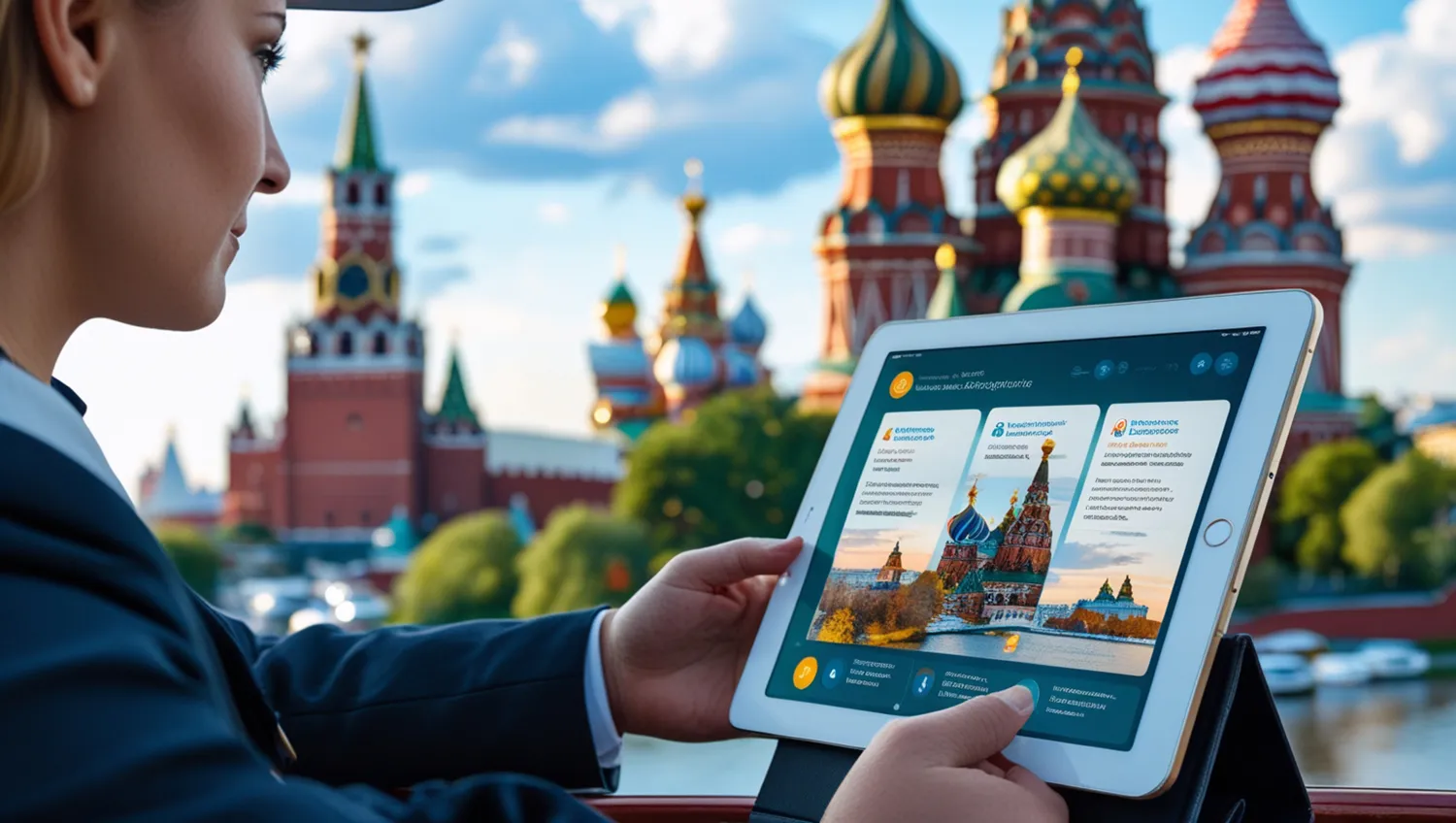
New Tech Enriches the Tour Experience
Experts note that technology now allows for personalized routes and seamless tours.
“Many colleagues have switched to audio guides, which makes it easier not to disturb other city residents or stand in one place. The audio format allows guides to keep talking without pause. I often add music or newsreel footage, trying to fully immerse people in the atmosphere,” said tour guide and collector of pre-revolutionary perfumes Maria Anosova.
Maria also likes to engage other senses, such as smell, making her tours particularly memorable. Daria Suprunova, a philologist and urban anthropology researcher, actively uses social media and AI.
“New technologies help us explore spaces. I use Telegram to create new tour formats, such as cemetery walks. Participants join a special channel where they get instructions. People walk alone, listening to themselves and the space. At the same time, a mediator and other participants share emotions,” explained Suprunova.
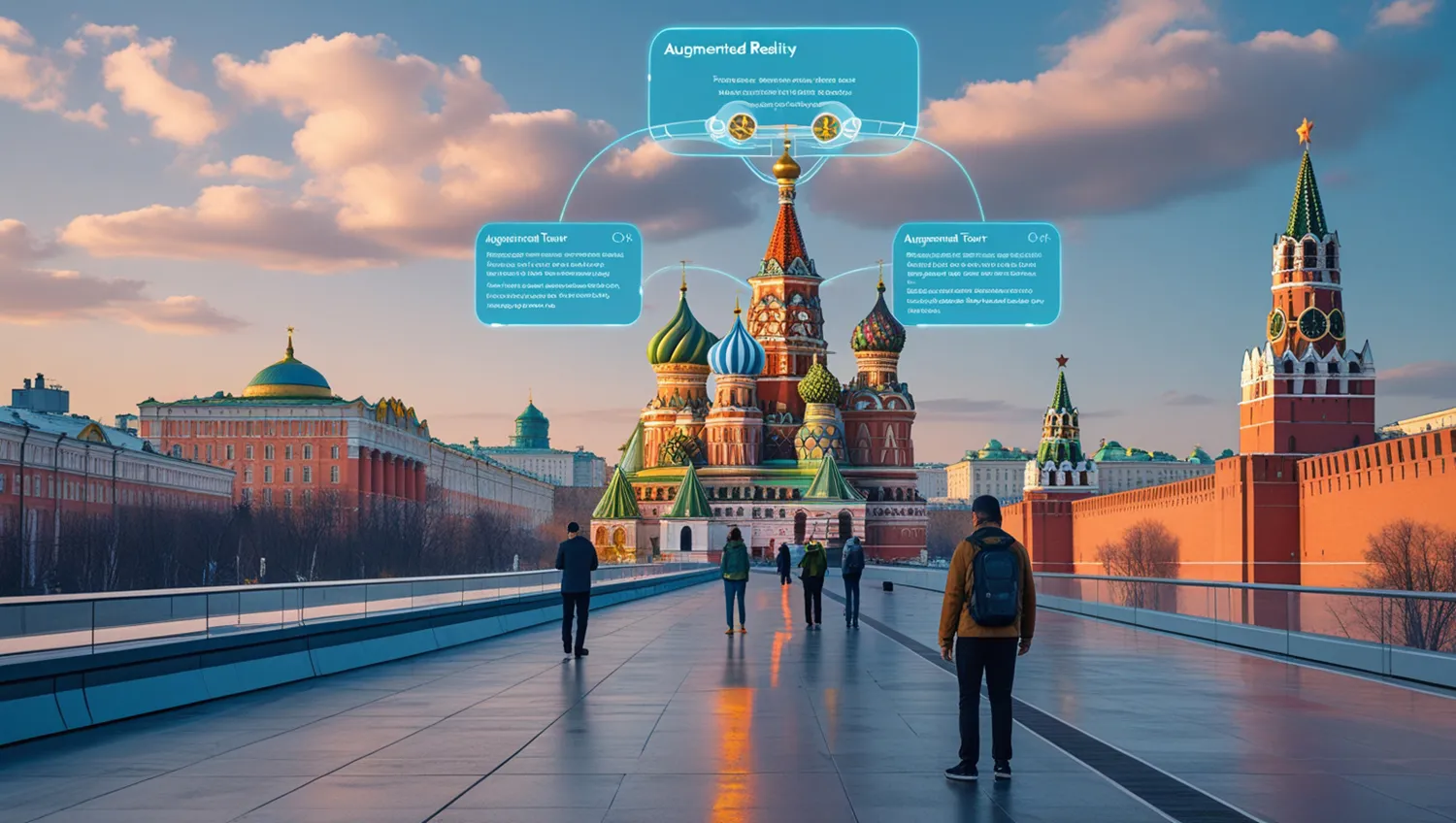
Do We Still Need Human Guides?
Experts believe that in the future, tourists will be highly informed and skilled in using technology. This raises the question: why do they need a guide? Specialists insist that live interaction remains irreplaceable. A human guide, combining knowledge, new formats, and technology, can offer a unique experience.
“Robots are useful, but they are not yet at the level to compete with humans. Technology cannot replace human interaction. As technologies advance, high-quality tours will only increase in value,” said Anna Gukasyan, head of the Unified Guide Accreditation Center at the Museum of Moscow.
Guides are not afraid of being replaced by robots; instead, they welcome new technology to enhance their craft. Maria Anosova hopes that AI will soon enable “resurrected” historical figures who can converse with visitors — even Alexander Pushkin himself.
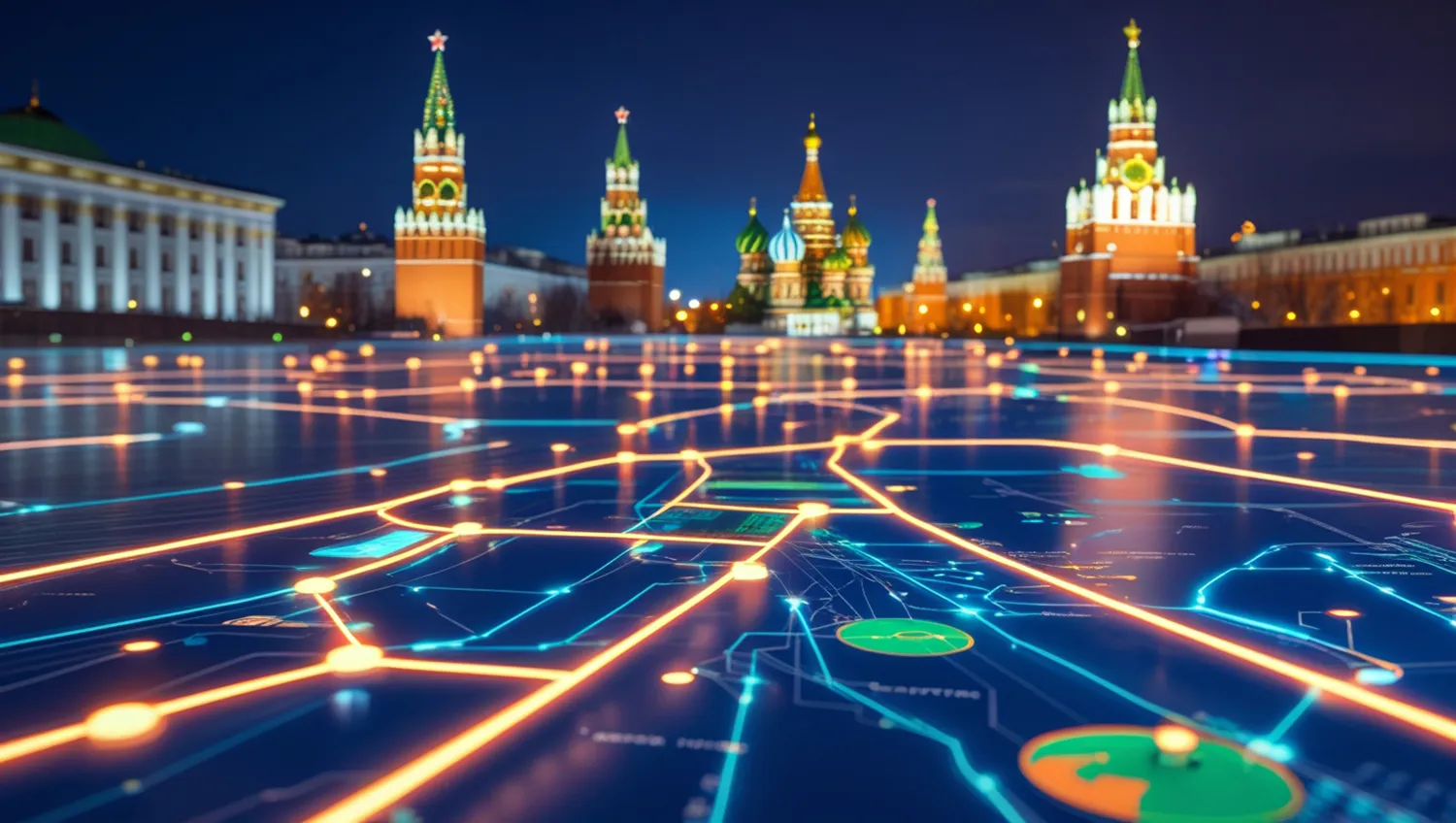
Russia as a Leader in Tourism Digitalization
The “Moscow 2030” forum highlights how digitalization in tourism strengthens both the city’s economy and cultural life. The modernization of guiding and the customization of routes underline Moscow’s strategic goal of leading in technology use for socially important sectors. Tour guides are already prepared for unexpected changes and eagerly await new AI tools.
In the coming years, pilot services for personalized, AI-driven tours are expected to launch and expand across Moscow. This will boost the city’s tourism appeal and could serve as a model for other Russian regions.
Russia is asserting its leadership in driving innovation in culture and urban development. Existing smart tools in tourism and urban planning may well be adopted abroad.


